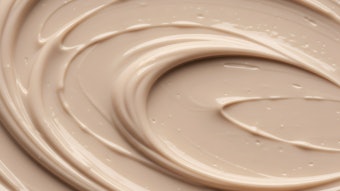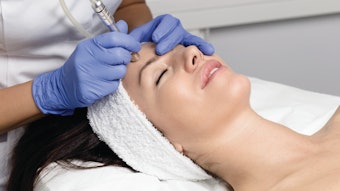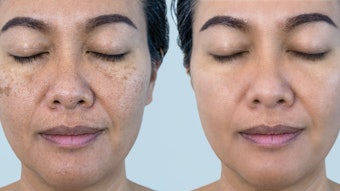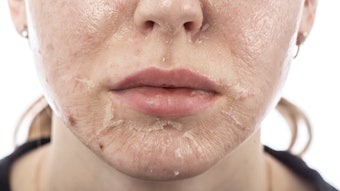
Based on recent studies that cited the important role of autophagy signaling in sebaceous lipogenesis and epidermal differentiation, researchers Yoonjin Lee MS, PhD, et al, sought to investigate the potential benefits of a topically applied autophagy-activating peptide for the treatment of acne. Their study was published in the Journal of Cosmetic Dermatology (March 2021).
They examined the clinical efficacy of the peptide through an eight‐week, double‐blind, randomized, vehicle‐controlled study. The effects of the peptide on sebaceous lipogenesis were measured by fluorescence microscopic analysis. Autophagy signaling in human immortalized SZ95 sebocytes, normal human epidermal keratinocytes and 3D reconstituted skin was examined. The researchers also analyzed changes in skin surface lipid compositions.
In the clinical study, a reduction of closed comedones, skin surface lipids and trans‐epidermal water loss (TEWL) was observed in acne‐prone skin after autophagy‐activating peptide application. In addition, there was a reduction of squalene and increase in cholesterol in the skin after eight weeks of application.
Topical application of the peptide downregulated sebaceous lipogenesis and improved skin barrier function. The authors concluded, “Considering the important roles of sebum and skin barrier function in acne pathogenesis, autophagy activation might represent a new therapeutic option in early forms of acne.”










